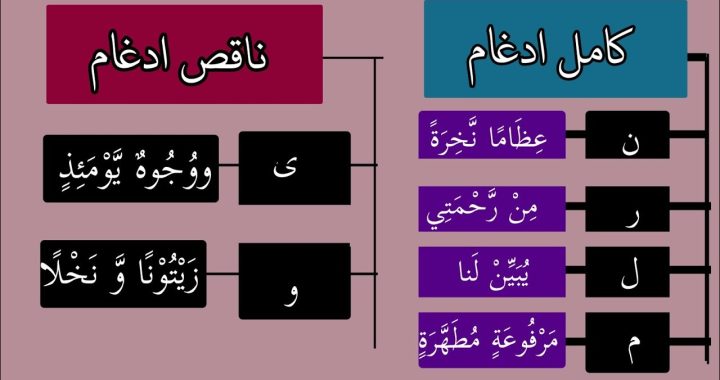The concept of Ramadan in Islam
5 min read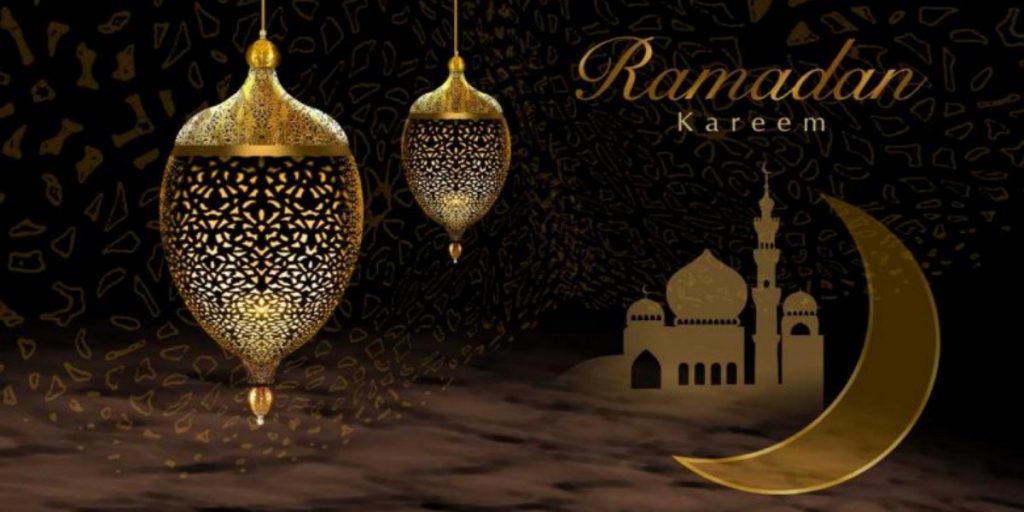
Last Updated on July 17, 2021 by Aaron Thompson
The 9th month of the Islamic calendar is Ramadan. The Muslim call it as “The Holy month of Ramadan”. It is also known to be the fasting month. This month is known as the most sacred one within the Muslim community. Every year, the Muslims all around the world welcome this month wholeheartedly. As the Muslims count it as the biggest blessing of the year, they celebrate it with great zeal and zest. They connect themselves with God, fast from dawn till dusk, pray a lot, refrain from sins and consider it as an opportunity to repent from their previous wrongdoings.
History
The Islam gives such importance to Ramadan because it had been this month of Ramadan when the Quran first came down. Prophet Muhammad, received the first revelation of Quran in the cave of Hira on 27th of Ramadan. As Quran is regarded as the miracle of the prophet, thus the Ramadan is considered as a bliss.
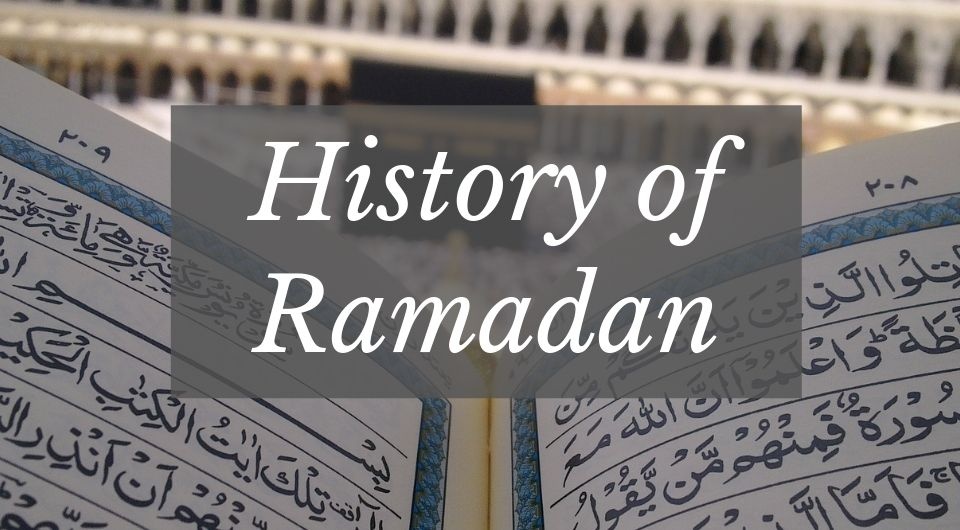
Origin
The word “Ramadan” originates from the Arabic language. It actually means “Thirst” and “Sun-Baked Ground.” The word Ramadan indicates the thirst and hunger of the observers.
Fasting in Ramadan
Islam has basic five pillars on which its foundation is laid. The fasting is the fourth pillar of Islam and it is obligatory for any healthy adult Muslim man and woman. The Muslims abstain from having a bite of food or a sip of water. The fast begins before sunrise and ends after sunset. Although, it is thought that the fast restrains one only from eating and drinking, however, this is not true. The fast refrains one from having any sort of immoral activity. Thus Muslims try to stay away from all the bad deeds which might include foul language, lies or even from having immoral thoughts. Moreover, fasting all day, produces a sense of compassion for those needy folks who cannot afford to own one proper meal day. Thus, Ramadan awakens the dead humanity in our hearts.
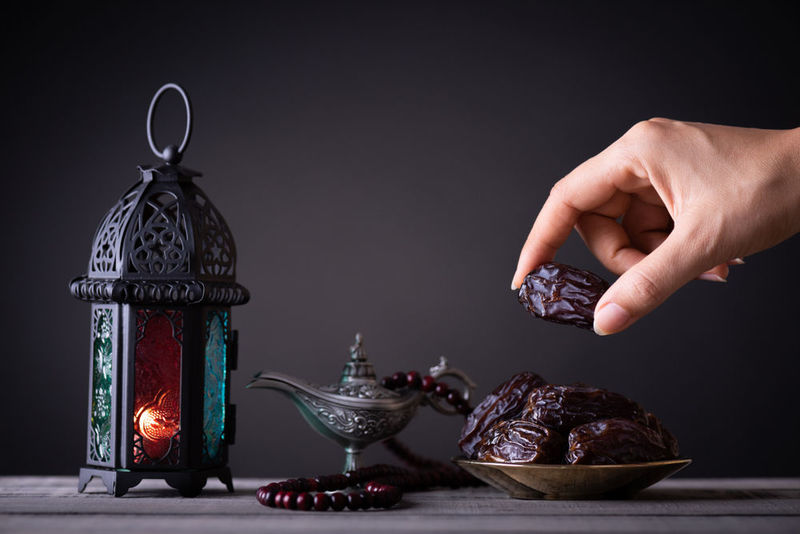
Must everyone fast?
The fasting could be a flexible practice. The patients, travelers, menstruating women and people of extreme age are exempted from it. However, the skipped fasts must be kept when possible. If the person is, somehow, unable to do so due to any chronic illness, then he or she should make up by paying Fidiya. Fidiya is the amount paid to compensate for the missed fast, and this money is given to the poor and needy person who needs a meal. Thus, Ramadan expands its spectrum to cover all the members of the society, regardless of their social status.
Iftar
After the sun has set, the people gather around with friends and families to break the fast. This practice is known as iftar. The Muslims invite over other Muslim friends for iftar and offer them food and snacks. This custom is considered to be highly rewarding in Islam. After iftar the people go to mosques to offer their prayers together. Thus, Ramadan unites people by providing an environment of harmony.
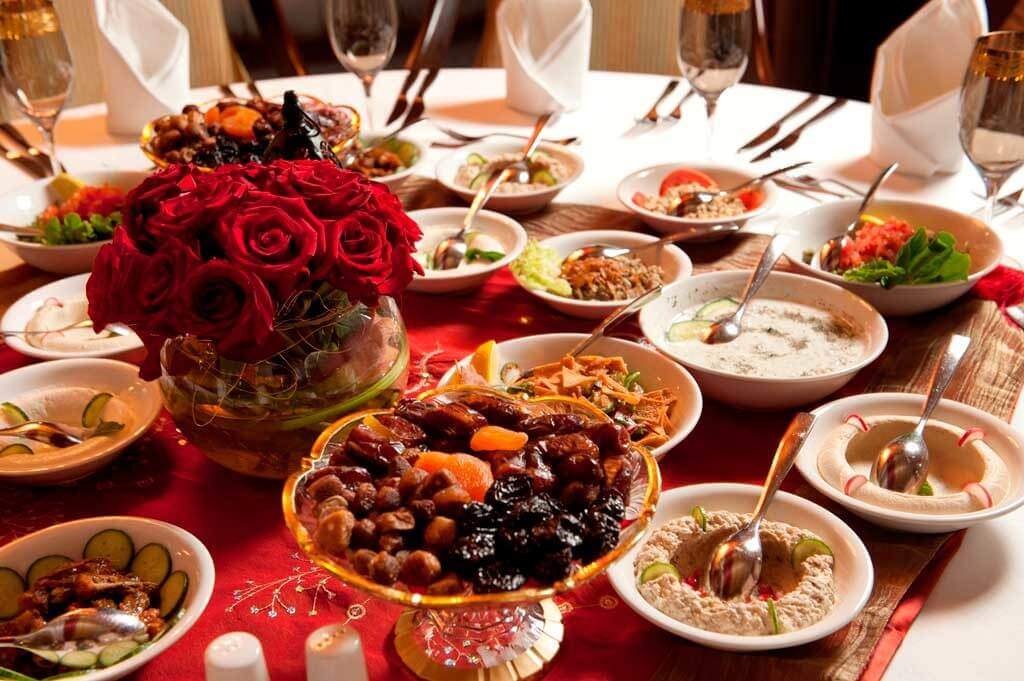
Prayers offered during Ramadan
It is said that the reward of the prayers offered during Ramadan is multiplied three and four folds. Thus, the communities arrange individual and combined prayer practices. The people spend extra hours in mosques while praying. The Quran is recited very often and people give charity more than they give usually. A special Ramadan prayer is the Taraweeh Prayer that is prayed together after Isha prayer. Thus, Ramadan offer people to be more compassionate and positive.
The observance month
During Ramadan, the Muslims vow to be more spiritual and connect to the divinity. They promise to become nearer to their creator by spreading positivity, helping those in need and by self-reflection.
The phases of Ramadan
The Ramadan lasts for about 29 to30 days. It has three important phases referred as “Ashra”. Each phase has its own significance and comprises of specific meaning. Each Ashra is ten days long.The phases are:
- First Ashra – Mercy.
The mercy of Allah is showering on all beings. During these ten days, the Muslims ask for countless showers of His mercy and read specific Duas. The main purpose of this phase is to practice mercy on the creation of the Almighty. It is to show the mortals to treat others amorously and care that they expect from the Almighty.
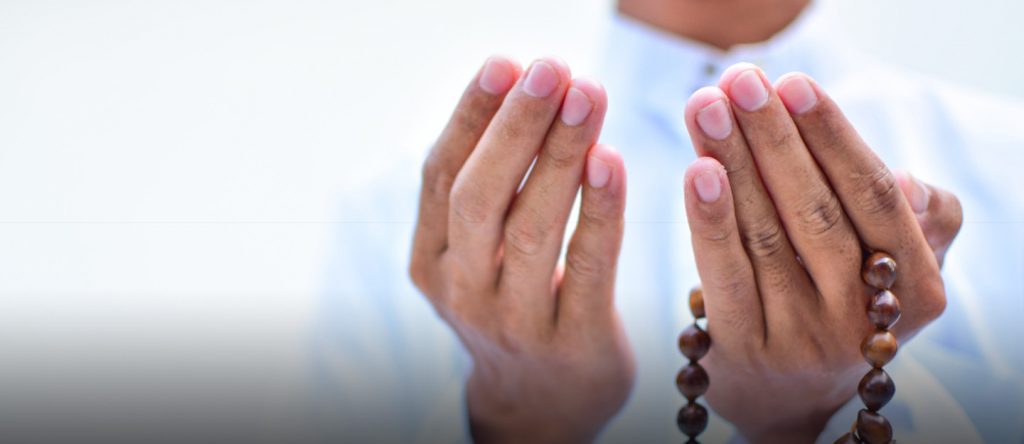
- Second Ashra – Forgiveness.
This phase represents the mid of Ramadan, during which the forgiveness of Allah is at peak. He Muslims are therefore commanded to beg for forgiveness for their sins and bad deeds. The Muslims also vow to not repeat those sins again.
This Ashra also emphasizes on the forgiveness and letting go of the grudges among humans. The people tend to forgive each other for the sake of the Almighty.
- Third Ashra– Safety.
The last ten days of Ramadan are thought to be the foremost divine of all. Although, the Muslims consider whole month to be a blessing, the last ten days are thought to be more special. The Muslims believe that there is a night in the last ten days known as “Lailat-tul-Qadar”- the night of decree. The Quran calls this night better than a thousand months, thus Muslims maximize their efforts and prayers during these days.
Seclusion for prayers
Though, not compulsory, Aitkaf, is the practice in which a person quarantines himself or herself from the remainder of the family in a confined space to concentrate only on prayers. This is done during the last ten days of Ramadan.
End of Ramadan
The Ramadan ends after 30 days and then begins the month of Shiwal. The initial three days of Shiwal are celebrated as the festival of “Eid-ul-fitr”. This festival is considered as a gift for Muslims as they put their heart and soul to make a better version of themselves.
Conclusion
Although, fasting a complete month could be hard, but the reward is worth it. The atmosphere of harmony and equality that the Ramadan generates is remarkable. At the end of Ramadan, every Muslim feels humble and closer to the Creator.
